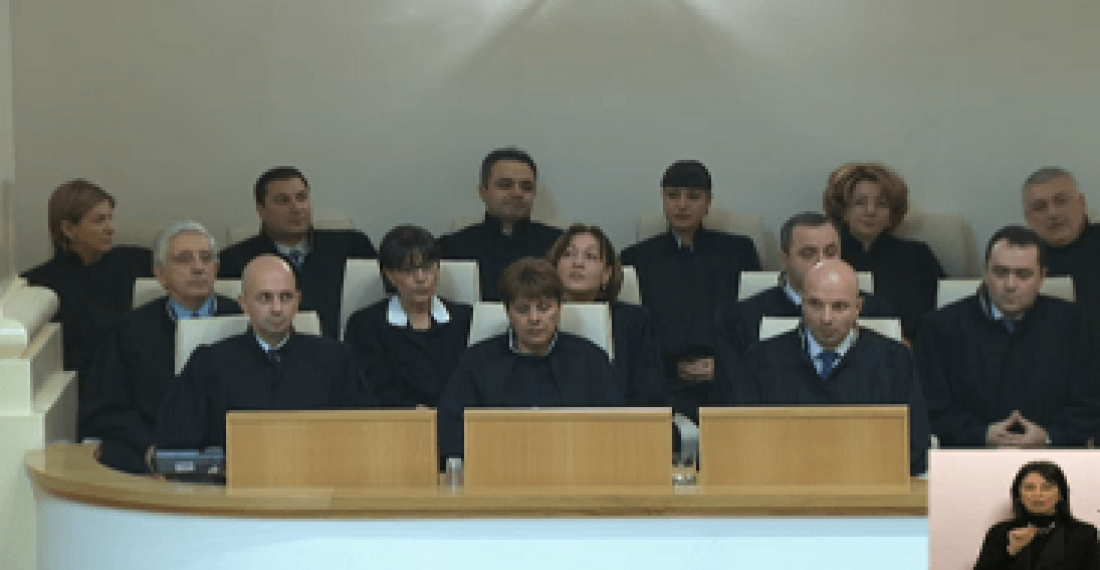The Georgian parliament on Thursday (12 December) approved the controversial appointment of 14 new judges. They will serve for a lifetime tenure as members of the Supreme Court. The appointments were approved by a plenary session of parliament, with the MPs of the governing Georgian Dream party supporting the nominations. Opposition MPs have criticised the appointments and did not take part in the vote.
There has been international criticism of the appointments, including in statements by the United States Embassy in Tbilisi and co-rapporteurs on Georgia of the Parliamentary Assembly of the Council of Europe (PACE).
In Brussels, the spokesperson of the European External Action Service issued a statement in which it said that "Georgia's commitment to uphold the highest standards of ethics and integrity in its judiciary remains key for the credibility of the judiciary in the eyes of the Georgian citizens and for the advancement of the EU-Georgia agenda".
The full statement read as follows:
The Georgian Parliament appointed yesterday 14 members of the Supreme Court, a key institution for the proper functioning of Georgia's legal system. The selection procedure did not adhere to all recommendations made by the Venice Commission and was characterised by key shortcomings, including a lack of transparency that undermines a genuinely merit-based nomination process. A number of the appointed candidates do not enjoy broad public trust, as was obvious in the course of the selection process. While the hearings carried out in the Parliament were transparent, more efforts should have been devoted to justify the choice of candidates ahead of the final vote.
Georgia's commitment to uphold the highest standards of ethics and integrity in its judiciary remains key for the credibility of the judiciary in the eyes of the Georgian citizens and for the advancement of the EU-Georgia agenda. A revision of the selection procedures to take full account of the recommendations of the Venice Commission, as well the shortcomings registered by the OSCE Office for Democratic Institutions and Human Rights (ODIHR) and other key observers, should therefore take place ahead of any additional appointments.
source: commonspace.eu with agencies
photo: 14 new judges of the Georgian Supreme Court appointed on 12 December 2019. (Screengrab from parliament's video courtesy of civil.ge)






